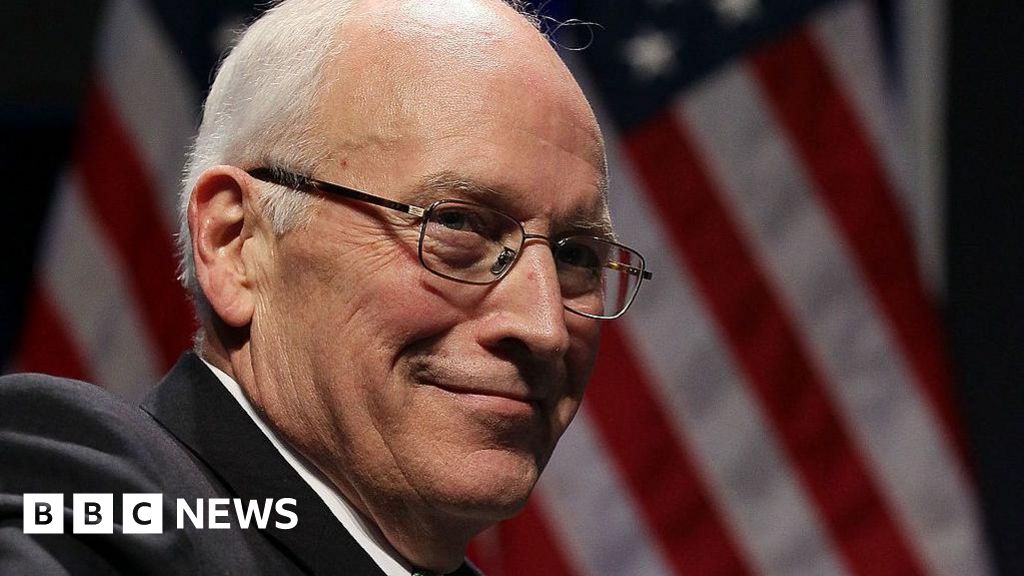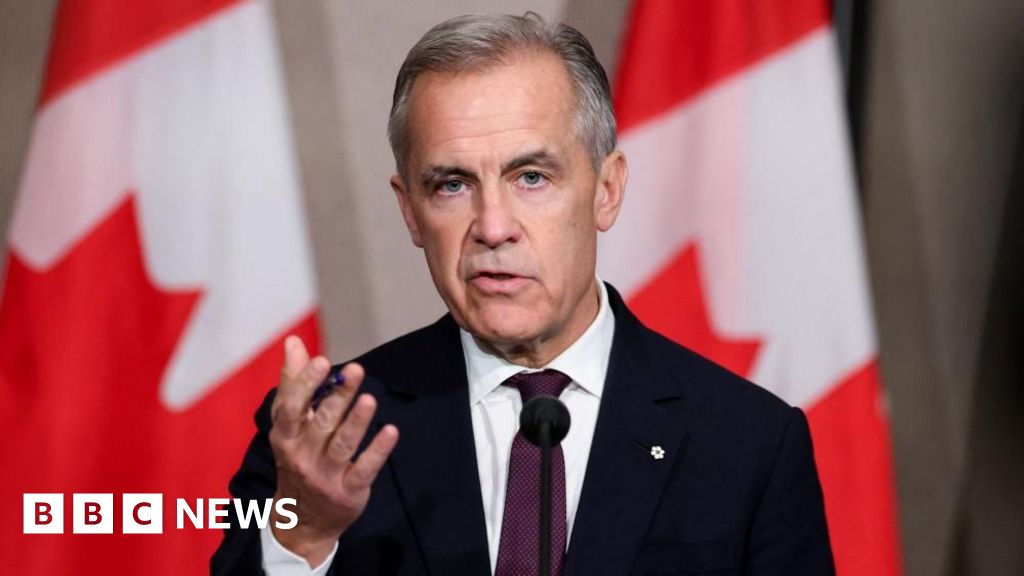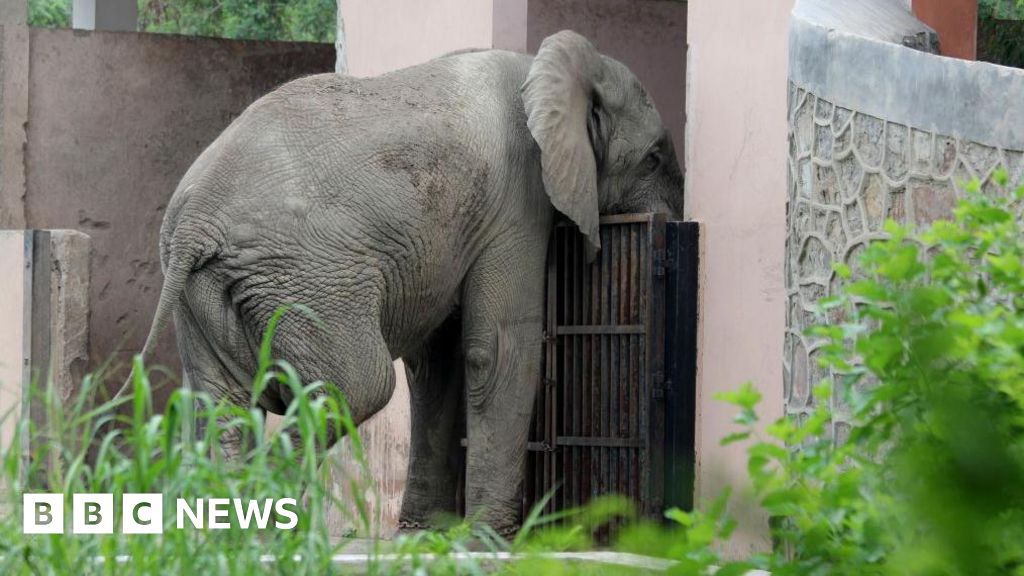St. John Henry Newman declared Doctor of the Church – LifeSite

Mon Nov 3, 2025 – 3:57 pm EST
(LifeSiteNews) — On Saturday, November 1, Pope Leo XIV declared Saint John Henry Newman the 38th Doctor of the Church.
“Newman’s impressive spiritual and cultural stature will surely serve as an inspiration to new generations whose hearts thirst for the infinite,” Pope Leo said as throngs of Catholics and representatives of the Church of England, to which Newman once belonged, gathered in St. Peter’s Square.
Newman was born in London in 1801. He became a priest in the Church of England before famously converting to Catholicism in 1845. He was later made a cardinal by Pope Leo XIII in the 1870s, though he was not consecrated a bishop.
Newman is held in high esteem by both Anglicans and Catholics, primarily for his many essays on an array of topics, including:
- Lectures on the Present Position of Catholics in England
- A Grammar of Assent
- On the Development of Christian Doctrine
- The Idea of a University
- The Dream of Gerontius
- Letter to the Duke of Norfolk
- Apologia pro Vita Sua
Newman’s writings on the development of doctrine, a subject that is still debated by conservative and traditional Catholics, are also well known. Pope Benedict XVI, who attended the Second Vatican Council as a young priest and who often spoke about the “development of doctrine,” beatified Newman in 2010. Pope Francis canonized Newman as a saint in 2019.
Newman notably praised the laity during the Arian crisis in the 4th century. The period was characterized by many clergy apostatizing from the faith.
“The Catholic people… were the obstinate champions of Catholic truth — and the bishops were not,” Newman recalled, a fact noted by LifeSite editor-in-chief John-Henry Westen on X this past week.
St. John Henry Newman was today proclaimed a Doctor of the Church.
His warning rings true today:
“The Catholic people… were the obstinate champions of Catholic truth — and the bishops were not.” pic.twitter.com/qMJTLbmPDI
— John-Henry Westen (@JhWesten) November 1, 2025
Newman’s comment about the Church during the Arian crisis is often cited by Catholics who say that the situation the Church finds itself in today is similar to the one the Church found itself in back then. They often point to the lack of vocations, disbelief in the real presence of Our Lord in the Eucharist, widespread dissent from official Church teachings on moral issues, and corruption of the hierarchy to justify their claims.
Newman joins 37 other saints as Doctors of the Church, including — perhaps somewhat controversially — four women. Some of the most well-known Doctors of the Church include St. Thomas Aquinas, St. Augustine, St. John Chrysostom, and St. Alphonsus Liguouri. The only other English Doctor of the Church is the Venerable Bede, a monk born in what is today Northern England in 673. St. Bede was awarded the title by Pope Leo XIII in 1899. Three years earlier, in 1896, Leo XIII declared that Anglican holy orders are invalid, which means that Anglican clerics in the eyes of the Church are only laymen.
Newman’s elevation to the rank of doctor comes less than two weeks after Leo XIV and Britain’s King Charles III prayed together at an ecumenical service inside the Sistine Chapel on October 23. The Anglican archbishop of York, Stephen Cottrell, presided over the ecumenical service with Leo while Charles and his second wife Camila, who divorced her husband Andrew Parker Bowles in 1995, sat near them. The theme of the service was “Christian unity.” Several traditional Catholics denounced the event on social media.
In a statement, Deputy Prime Minister David Lammy described Newman as “a man of intellect, conscience, and courage.” Charles himself visited the Oratory of St. Philip Neri in Birmingham, the community that Newman founded, in September. Charles had published an essay in the Vatican’s newspaper praising Newman when he canonized in 2019. “Through the whole process of Catholic emancipation and the restoration of the Catholic Church hierarchy, he was the leader his people, his church and his times needed,” he wrote.
Newman was subject to a grotesque attack by pro-LGBT Jesuit Fr. James Martin in 2019 as well. At the time, Martin shared an article on X (then Twitter) published by NPR under the title, “Was Cardinal John Henry Newman gay?” While clarifying that he didn’t mean to imply Newman committed sins with other men, Martin baselessly suggested that Newman’s “relationship with [Fr.] Ambrose St. John is worthy of attention. It isn’t a slur to suggest that Newman may have been gay.” Many prominent clergy and laity pushed back against Martin’s discredited claims.
On Saturday, Pope Leo formally announced that Newman would join St. Thomas Aquinas as co-patron of the Church’s educational efforts. During his lifetime, Newman was heavily involved in spearheading the revival of Catholic education, particularly in Ireland, where he was rector for four years of the Catholic University of Ireland. He also established the Oratory School in Reading, England, to educate young boys.
“I pray that Catholic education will help each person to discover their own call to holiness,” Leo said. “Saint Augustine, whom Saint John Henry Newman greatly admired, once said that we are fellow students who have one Teacher, whose school is on earth and whose chair is in heaven.”
Recent Top Stories
Sorry, we couldn't find any posts. Please try a different search.











